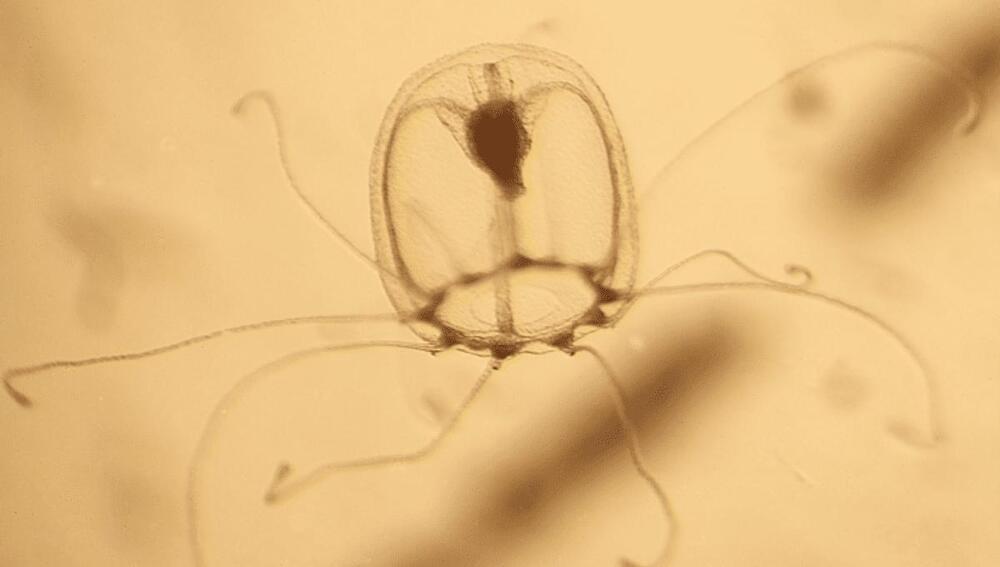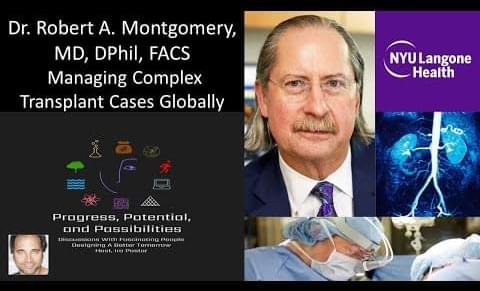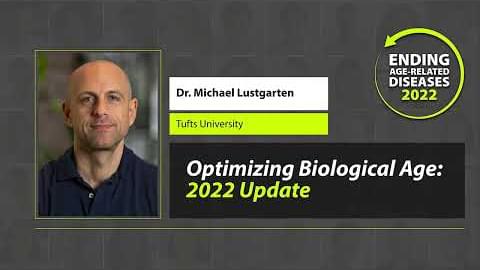Sep 6, 2022
FOREVER YOUNG — The Peter Pan Case | Dr Vittorio Sabastiano Interview Clips
Posted by Kelvin Dafiaghor in categories: biotech/medical, genetics, life extension
Dr Vittorio Sabastiano explains the possibilities on resetting the age of any cell type in the near future in this clip.
Dr. Vittorio Sebastiano is an Assistant Professor in the Department of Obstetrics and Gynecology at Stanford School of Medicine. His lab has established a new technology named ERA (Epigenetic Reprogramming of Aging), which repurposes the conceptual idea of reprogramming, with the goal to promote epigenetic rejuvenation of adult cells leaving their identity untouched. This new technology was patented and is being implemented by Turn Biotechnologies, of which Dr. Sebastiano is co-founder and Chair of the Scientific Advisory Board.
Continue reading “FOREVER YOUNG — The Peter Pan Case | Dr Vittorio Sabastiano Interview Clips” »
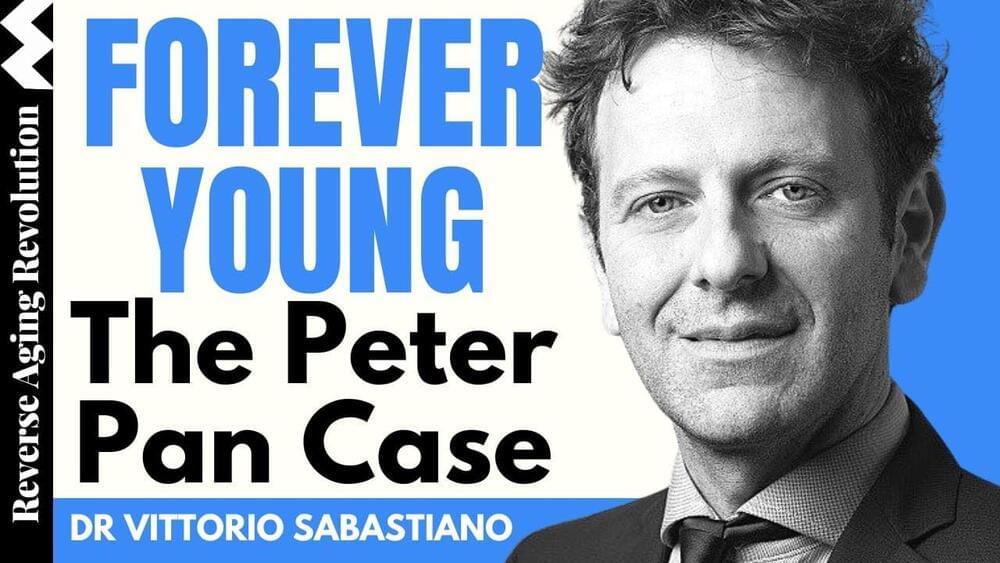
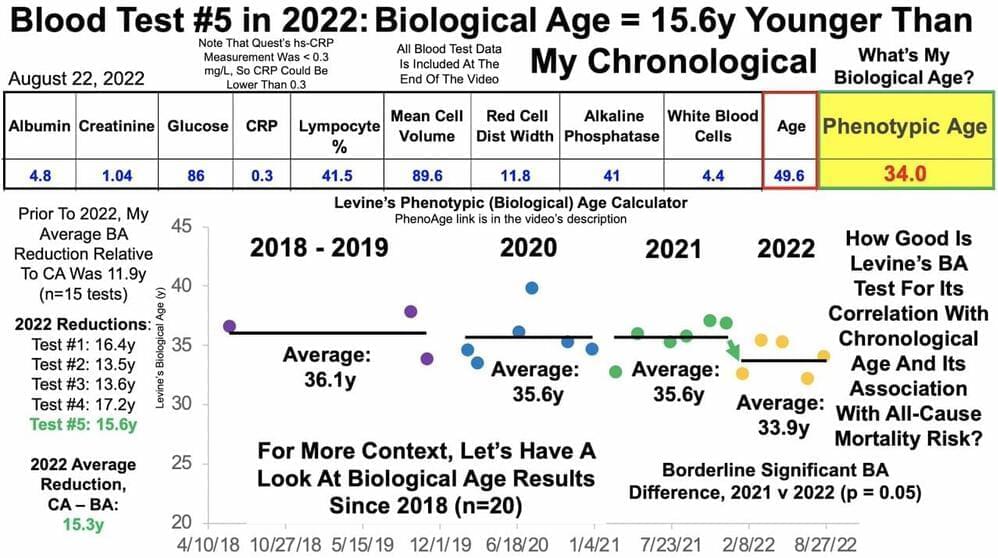
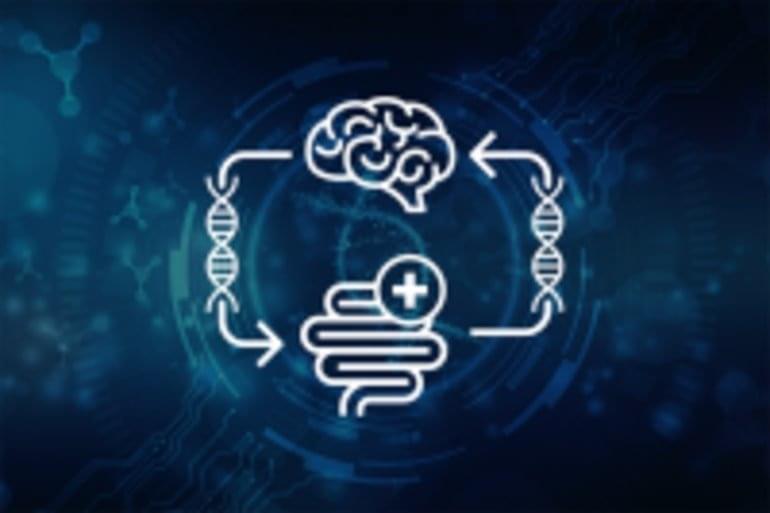


 Foresight Existential Hope Group.
Foresight Existential Hope Group.